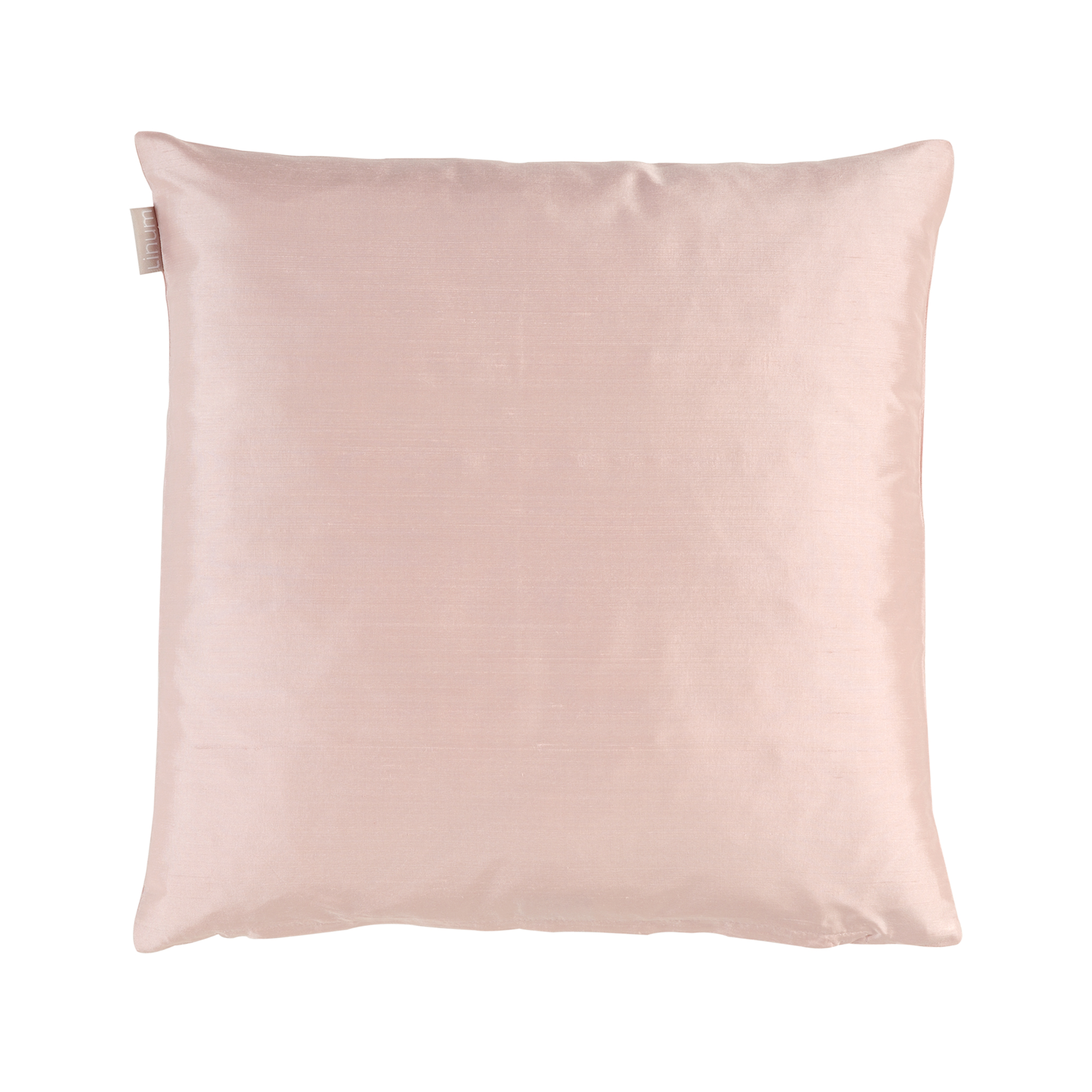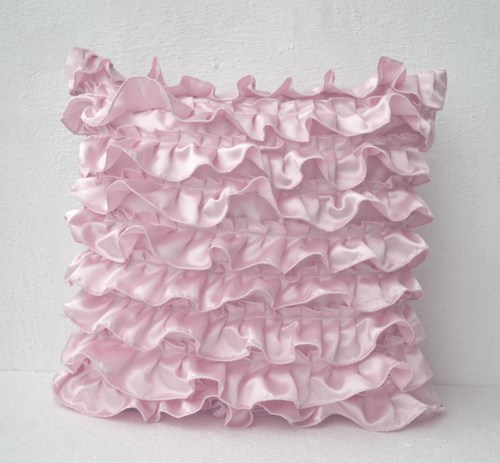The best comparison I can think of, is ruffles. Sure, in the right context, one or two tasteful extra waves of fabric is a lovely touch. Like this H&M top, for instance, which I happen to own and love:
Photo credit: coolspotters.com
But don't overdo it. This is a lesson that's taken me more than 10 years to learn. How? Having written this book and having a fine panel of beta readers tell me time and again:
"There are waaay too many adjectives in here."
"I got tired of looking up words."
"Your sentences are so complex, I get lost by the end."
Oops. My apologies. I think it's a common tendency of new/young writers—to get so caught up in the wonder of language, and lyrical pattern of words, that we let that fervour run away with us.
It's the difference between a silk pillow and a silk pillow with ruffles. Isn't it enough that the pillow is silk? Ruffles just make too much of a good thing.
Yikes.
So. If a sentence is a pillow, go easy on the ruffles. If you try and make it too pretty, it gets UGLY.
Don't write flowery and grandiose just because you love the sound of words or the genius in your voice (I've been guilty of both). It isn't talent, stuffing as many words as possible into a sentence. Your readers will hate it, whether they tell you or not.
If you are going to write, write well.
Don't mistake complexity for skill or insight. Find that true seed; the concentrated message you are trying to impart, and then stay focused on that as you write from the heart.
I'm not bringing this up because I'm passing judgment on other verbose writers out there. I'm reflecting on my own story. I was once humiliated in front of my entire UBC English class for overly grandiose writing. Want to hear about it? Read Part II.



